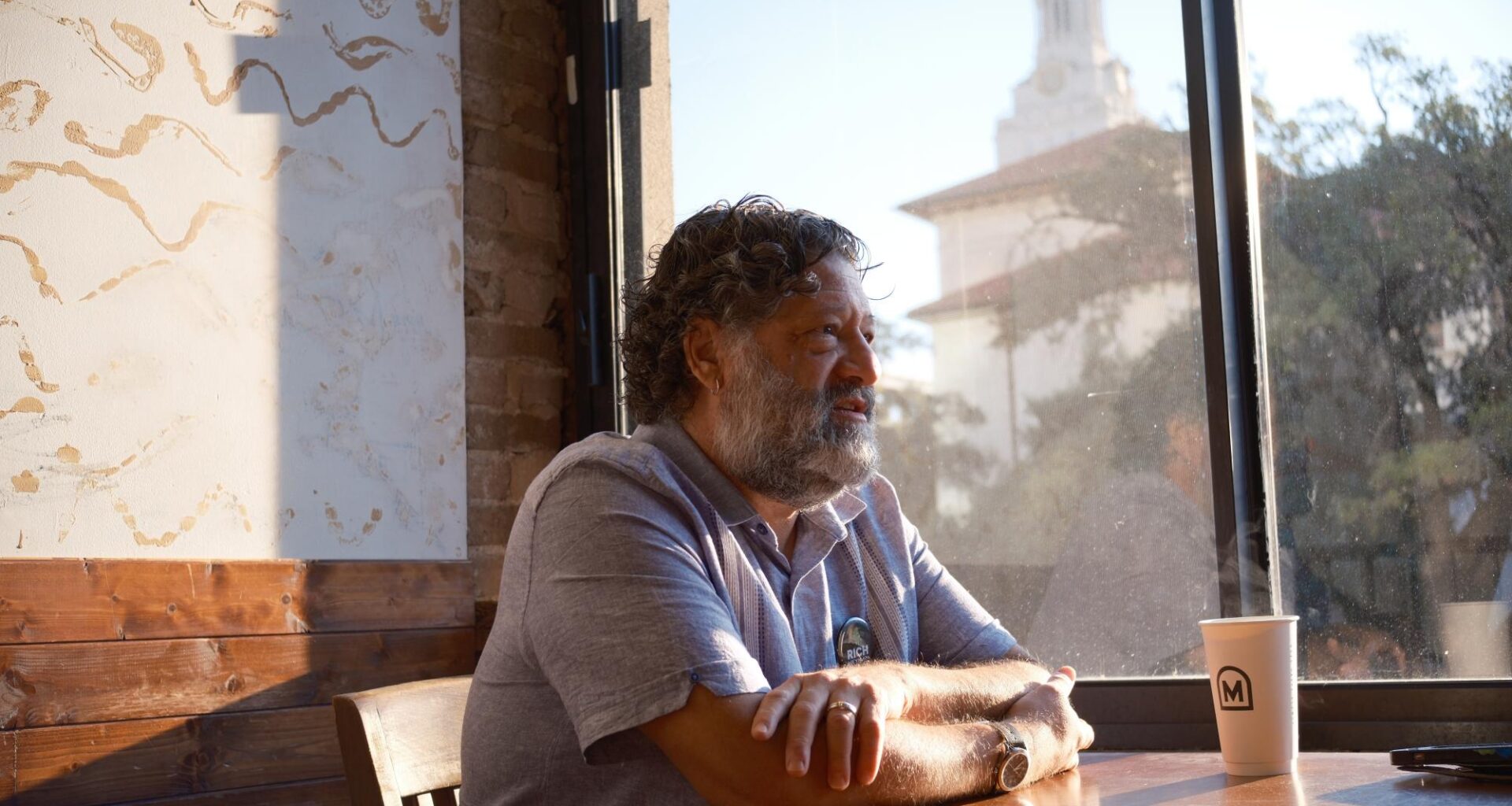A former UT professor who was fired after being arrested at a pro-Palestine demonstration in April 2024 is running for Austin City Council District 9, which covers most of the University and West Campus.
Richard Heyman spent nearly 20 years teaching in the urban studies department and said he could use that experience to help direct the development of Austin. Heyman said he aims to encourage local business growth to support middle and working-class communities, rather than the relocation of large firms to Austin.
Heyman said his past teaching and research focused on how political and economic systems are set up to benefit certain groups of people.
“We’ve seen that in Austin, wealthy people who are working at the upper end of the service sector are doing really well, but we’ve left so many people behind in the low-end service sector,” Heyman said.
He said he would work to address more issues impacting students, such as access to public transportation and safety.
“I’m an advocate for trying to figure out better modes of transportation for students,” Heyman said. “(For) trying to make it possible that people can go from places where they live, to where they work, to where they learn, (and) to where they want to hang out.”
Zohaib “Zo” Qadri, the incumbent and a UT alumnus, has represented UT since 2023 and focused on protecting renters, implementing affordability measures and improving public safety. Ard Ardalan, another challenger in the race and a UT School of Law alumnus, is running on a platform to build more affordable housing and increase safety in downtown and West Campus.
The election will take place in November 2026.
Heyman was arrested in May on a misdemeanor charge of interfering with public duties during the April 2024 pro-Palestine demonstrations on campus, according to a court document. Most charges against Heyman were dropped in January 2025, and all remaining charges were dismissed two weeks ago, according to KUT.
“I was standing up for students’ rights to protest and students’ rights for free speech on campus,” Heyman said.
Heyman said he is concerned about the conditions for free speech at UT. Specifically, recent developments such as the Texas Senate Bill 2972, also known as the “Campus Protection Act,” which limits expressive activities on campus, and the compact sent by the Trump administration to nine universities, including UT, which would give the universities priority in receiving funding if they abide by certain requirements.
“People at UT are just afraid to say anything (and) speak out against what is going on,” he said. “The folks who gathered the other day to protest the compact, that was great to see, because there’s such a chill in the air and such a chill on campus.”
Despite voicing these concerns, Heyman said there is not much that can be done to respond to challenges facing higher education on a city level.
Heyman said while he does not have any background in politics, he has always viewed being a professor as a kind of public service.
“Teaching about cities is about economics, (and) politics, but it’s also about, in a way, civics,” Heyman said. “How do our cities work in theory? How are they working today, in this particular era, and how can we make them work better?”

